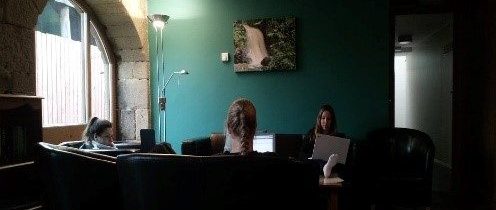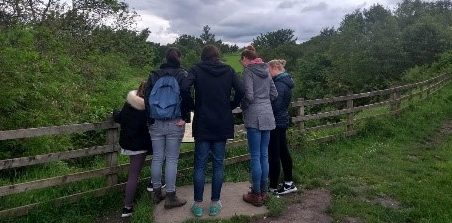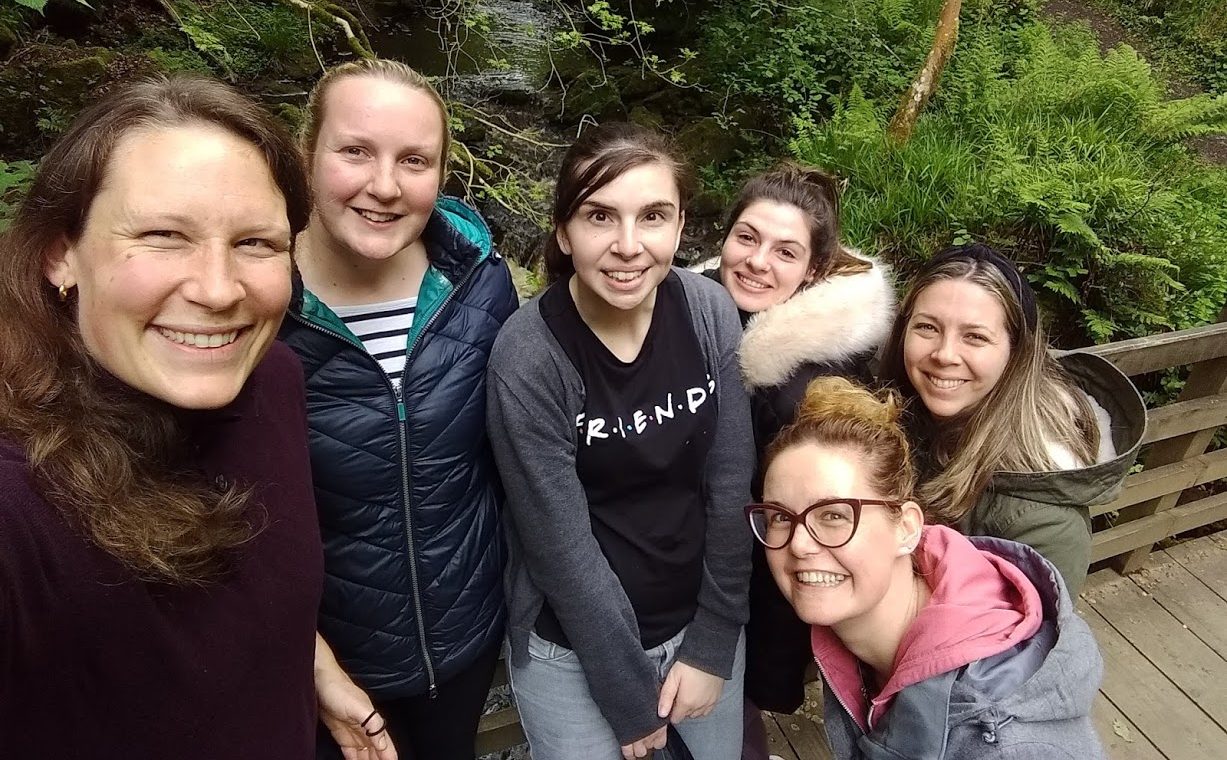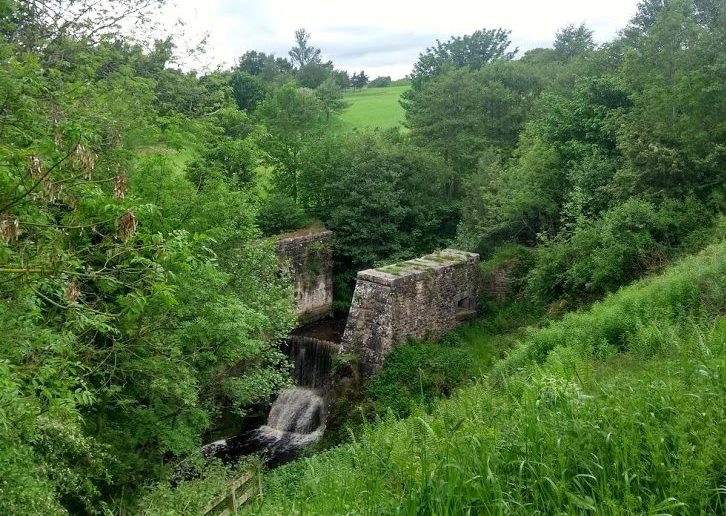Further to two recent blog posts on the Sociology PGR writing retreat held in June, here are some more (final!) reflections on the experience. This time Claire, Karina and Adrienne weigh in.
Claire
The retreat was a great space to have some quiet time to write – actually doing this in a group made me much more focussed on getting my work done! I think watching everyone else get their heads down and write made me want to do the same. I really loved the structure, I think if I hadn’t have had this I might not have got as much done as I actually did. I am really glad we factored in some time to get out for some fresh air too.
It had been a good while since I had written anything structured so it did take me an hour or so to get into doing this, but the whole environment really helped me do so. If I was to do this again I would break my goals down into more specific and manageable achievements rather than having the aim of ‘starting to write a part of my literature review’.
It was lovely to socialise with the other PGR students who I don’t see very often, and get to know everyone better.

Karina
The retreat was very productive for me. I focused on the analysis of two interviews and wrote about them. I also finished some memos.
Staying away was an interesting experience and helped me achieve my goals. I had some time to share some ideas with colleagues and listen to what they are researching. We were in different phases of our work, so we don’t always cross over – it was important to discuss what we do and what we are planning to do in our theses.
I also really enjoyed socializing with colleagues in a different environment, and to get to know them a bit better.

Adrienne
One might expect that the primary benefit of going on a writing retreat would be getting a lot of writing done. Of course, holing away for two days with a bunch of other PhD students who are also trying madly to put words on paper is a boon for the writing process; I did manage to finish editing a paper I was working on, which I am obviously pleased about. However, for me, the best part of heading to rural Northumberland for a couple of days with other PGRs based here in Newcastle University’s Sociology department was the chance to get to know my colleagues a bit better. Yes, we worked hard and were productive, but we also spent lots of time talking to each other about our successes, our failures and our frustrations (and about non-PhD life too of course – we are only human!). This was not always formalised – the best chats often happened while preparing meals or playing cards in the evening. Speaking to other PhD students who are also in the midst of the struggle that is writing a passably intelligent thesis was reassuring and encouraging. Aside from this, it was just really nice to get to know everyone – I think this PGR cohort is now much more cohesive for having spent a bit of informal time together!
But…back to the writing. There were a number of tactics we employed at the retreat which I thought worked really well:
- We always wrote in set, scheduled chunks of time, which is something I find incredibly useful. It was good to be reminded how effective I can be when I work that way.
- We broke up the day with different activities, which made each chunk of time feel manageable. As a result, I felt I was able to write effectively, in a focused manner, nearly every time we sat down.
- We set writing goals before we left for the retreat, and mapped out how we were going to achieve them over the two working days. We revisited these goals each day, which kept me on track.
- Of course, being in a room where everyone else is also focused and working hard makes it a lot easier to do the same.
Overall the writing retreat was a great experience. I am looking forward to the next one already!


